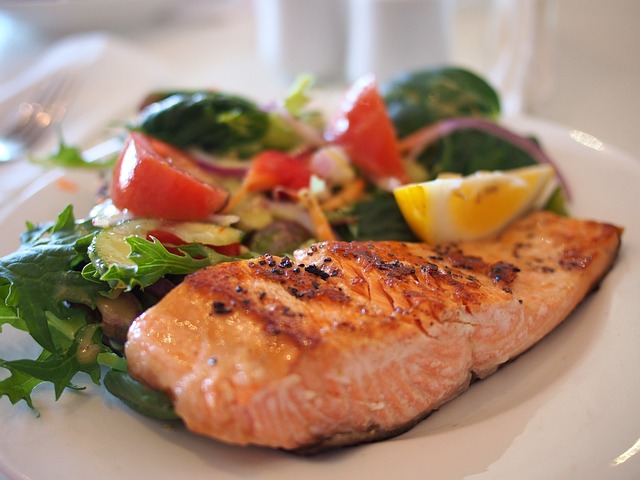Weight loss assumes paramount importance in mitigating the risks of chronic diseases, augmenting physical vitality, and fortifying overall well-being. Moreover, it confers psychological benefits by fostering confidence and potentially prolonging lifespan. However, achieving successful weight loss necessitates the adoption of wholesome strategies that emphasize wholistic health through the cultivation weight loss diet. This includes adherence to regular physical activity and integration of comprehensive wellness practices. Thus slowly transcending the superficial fixation on numerical metrics and embodying a deeper commitment to long-term health and wellness.
5 Foods That Help You Lose Weight Seamlessly
What you eat does have a great impact on your overall health. Also, food is connected to one’s emotional well-being. Junks are always the problematic ones, making one gain weight and become prone to diseases. To make it all look and appear seamless, here is the drill: helping you with 5 foods that help you lose weight without the hustle.
Lean Protein

Include protein-rich foods such as chicken breast, turkey, fish, tofu, legumes, and low-fat dairy in your diet. These will provide a unique metabolic advantage! Unlike carbs or fats, protein requires more energy for digestion, potentially boosting metabolism for a temporary period. This highlights protein’s role in optimizing energy use and supporting a weight loss diet. Thus showcasing the complex interaction between diet, metabolism, and health outcomes.
Whole Grains

The integration of whole grains such as brown rice, quinoa, oats, barley, and whole wheat bread into your meals constitutes a nutritional cornerstone. Renowned for their fiber content, these whole grains not only facilitate digestion but also foster enduring satiety, representing a distinctive strategy for sustaining fullness. Also, whole grains are known for underscoring their fundamental significance in maintaining digestive health and regulating appetite. There are multiple advantages of including whole grains in your dietary regimen to achieve a state of optimal well-being.
Spicy Foods

Spices like chili peppers, cayenne pepper, and ginger are rich in bioactive compounds such as capsaicin and gingerol. These are great at showcasing profound metabolic effects! Capsaicin, abundant in chili peppers and cayenne pepper, ignites thermogenesis and boosts fat oxidation. Thus heightening metabolic rate and aiding weight management. Meanwhile, gingerol, prominent in ginger, boasts potent antioxidant and anti-inflammatory properties, potentially contributing to metabolic enhancement and modulation of adipose tissue. This intricate interplay between bioactive compounds and physiological responses underscores the diverse potential of spices in optimizing metabolic function and fostering fat metabolism. Hence underscoring their nuanced role in weight loss diet for metabolic health.
Green Tea

Green tea, abundant in antioxidants known as catechins, harbors potent metabolic effects characterized by enhanced fat oxidation. Catechins facilitate the mobilization of stored fat for energy utilization, thereby augmenting metabolic rate and promoting weight loss. The regular consumption of green tea, whether enjoyed hot or cold, serves as a strategic dietary adjunct in supporting any weight loss diet. This dynamic interplay between catechins and metabolic processes underscores the intricate role of green tea in modulating metabolic function and fostering adipose tissue metabolism. Hence highlighting its multifaceted potential in the realm of weight loss interventions.
Coffee

If you are looking for the perfect weight loss diet, then coffee can be a great addition to the meal plan. It is because of the caffeine in coffee! A natural stimulant renowned for its metabolic effects, characterized by transient increases in metabolism and heightened fat oxidation. Through its complex interactions with various physiological pathways, caffeine exerts multifaceted metabolic effects, ultimately leading to enhanced energy expenditure and facilitation of fat-burning processes. This intricate interplay between caffeine and metabolic regulation underscores the diverse potential of coffee as a dietary agent in optimizing metabolic function and promoting weight management.
In the overarching quest for successful weight loss, the formulation of an effective weight loss diet is highly crucial. Within your daily meal plan, the deliberate inclusion of lean protein sources, whole grains, piquant culinary additions, green tea elixirs, and the refreshing embrace of coffee manifests as a sophisticated approach to weight management. These dietary constituents wield a sophisticated array of metabolic modulations. Thus leveraging their multifaceted effects on energy expenditure, satiety regulation, and metabolic recalibration to propel individuals toward their weight loss objectives.



